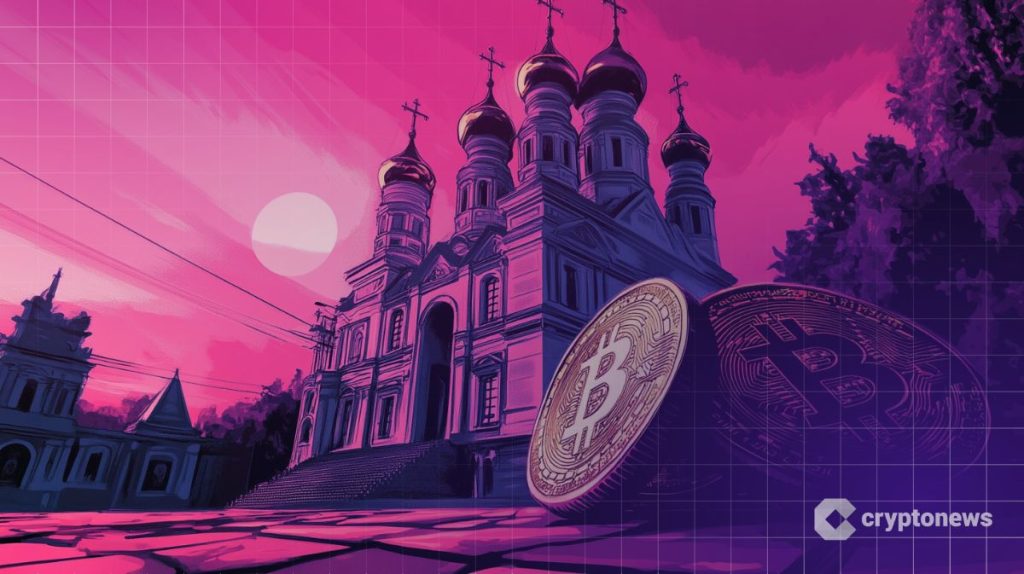The Russian government says it will not enact any further crypto mining bans, despite talk of further regional restrictions on miners.
The media outlet RBC reported that the Russian Ministry of Energy said that it “sees no grounds for introducing new bans on mining” anywhere in the country.
Andrei Maksimov, who heads the Electric Power Development Department, claimed that the Ministry “has not received any more requests for bans from regional authorities.”
Powered by Money.com – Yahoo may earn commission from the links above.
Andrei Maksimov, the head of the Russian Ministry of Energy’s Electric Power Development Department. (Source: @EprussiaRu/YouTube/Screenshot)
Maksimov added that the country’s power grid was now “coping with the load” as miners step up their operations. He said:
“We have received no requests for bans from Russian regional governors. And there are no grounds for further bans. Everything is working fine. Since there are no shortages, there is no reason to impose restrictions. Our energy system is, generally, operating well.”
Moscow has instructed areas with surplus power resources to work with industrial crypto miners.
In return, several fast-growing Russian mining firms have told Moscow they are prepared to declare their incomes, pay millions of dollars in taxes, and provide national AI projects with computing resources.
However, the decision to embrace the mining sector has not come without considerable difficulties for Russian regions.
Traditional Bitcoin mining hotspots in Southern Siberia and the North Caucasus have reported power grid problems and a spike in illegal mining operations.
There are also signs suggesting that some miners’ efforts to relocate to more populated areas in Western Russia have put operators at odds with local communities.
Earlier this year, senior politicians and regional leaders spoke openly about a second round of restrictions.
The first round of restrictions came into to force in early 2025, when Moscow ordered mining bans in 10 Russian regions and Russia-controlled territories.
The government said it “recognized” these areas as “energy-deficient,” banning miners from operating in these areas until the spring of 2031.
The bans were initially applicable in the winter months only. But in some areas, including the North Caucasus republics and the Russia-controlled parts of Ukraine’s Donetsk, Lugansk, Zaporizhzhia, Kherson oblasts, these bans were imposed year-round.
Moscow later imposed a further year-round ban in the southern part of the Irkutsk oblast, at the request of Governor Igor Kobzev.
